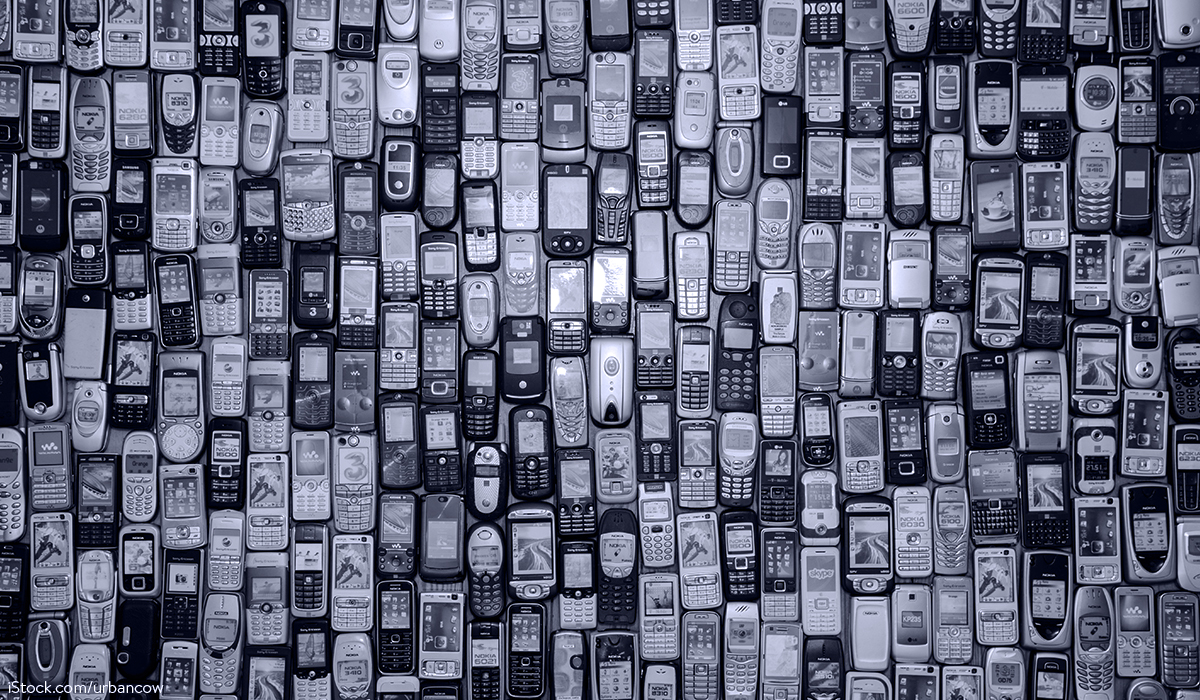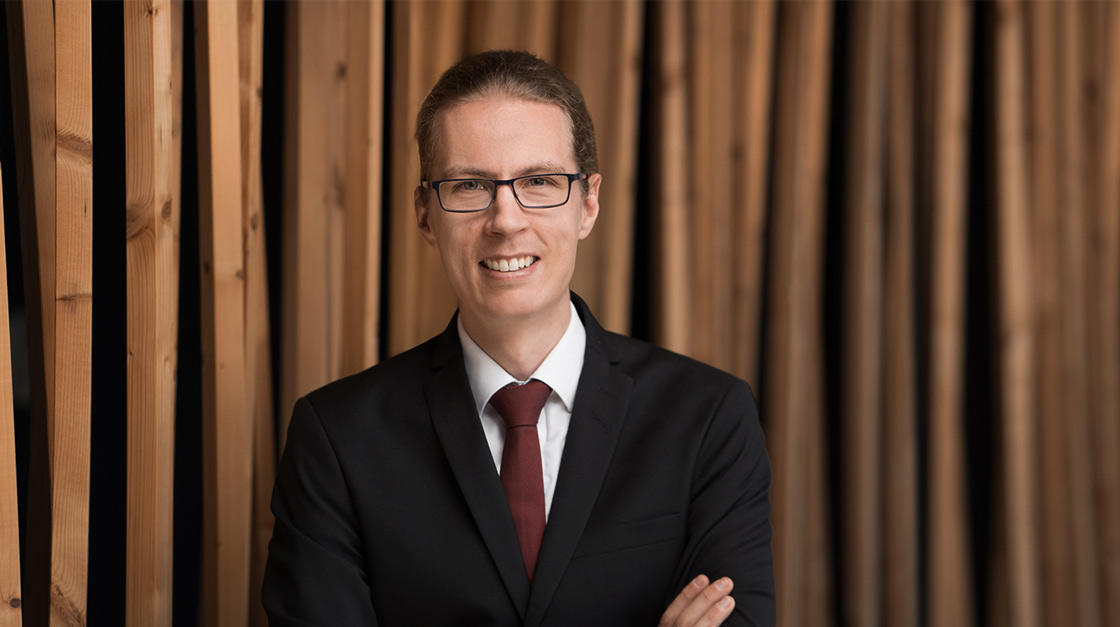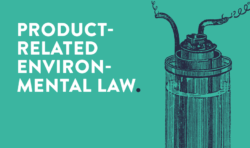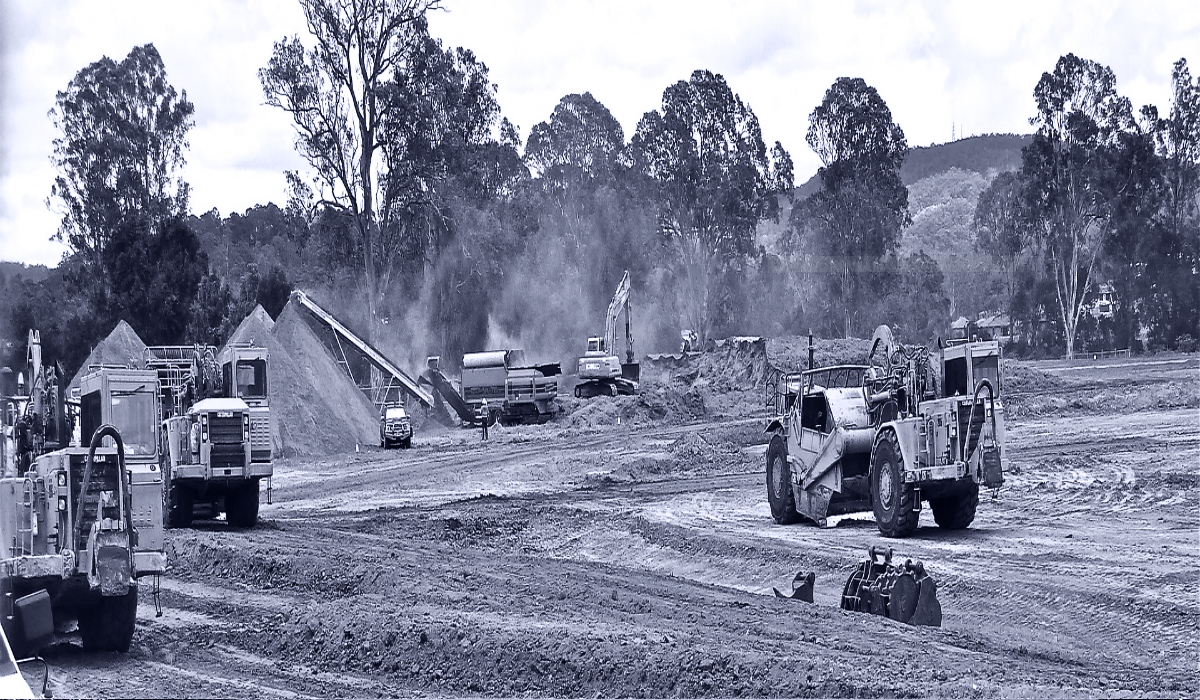The German Federal Government’s draft bill (BT-Drs. 19/26971) was adopted in the committee version (BT-Drs. 19/28508), which again entails significant changes compared to the Government’s draft. Overall, the basic system of ElektroG is not changed, but new obligations are added, and certain actors are assigned roles and obligations that did not previously exist. The amendments to ElektroG are already approved by the German Bundestag and have two main objectives: On the one hand, raising the collection rate from the current level of around 43 percent to 65 percent, as required by the EU with Directive 2012/19/EU. On the other hand, to prevent free riders based in other EU member states or outside the EU who are to be regarded as producers under the ElektroG but do not meet their obligations in this regard in Germany.
The following is a summary of what we believe to be the relevant changes for producers, distributors, authorized representatives, and electronic marketplaces or fulfillment service providers.
Amendments relevant for producers:
- Already with regard to the requirements for product design stemming from Sec. 4 ElektroG, there will be stricter obligations for battery-powered devices. Whereas previously it was only required that battery-powered devices be designed in such a way that the batteries can be removed “without difficulty” by the end user or by qualified personnel independent of the producer, in the future the batteries must be able to be removed either “without difficulty and without destruction” by the end user or in any case “without difficulty and without destruction and with commercially available tools by qualified personnel independent of the producer“. The background to this is the fire hazards posed by damaged lithium batteries, which are increasingly being used in battery-powered electrical appliances.
- According to the requirements of the new Sec. 7a ElektroG, a producer of equipment that is used exclusively in other than private households or, in any case, is not usually used in private households (so that, according to Sec. 7 para. 3 ElektroG, no financing guarantee is required) will in future be obliged to submit a so-called take-back concept for each type of equipment concerned. Within the framework of the take-back concept, the producer has to describe how it will meet its take-back obligations under Sec. 19 ElektroG and how end users can access the established return facilities (a similar provision already exists in Sec. 4 para. 2 No. 8 BattG for producers of automotive and industrial batteries). According to the new version of Sec. 6 para. 1 3rd sentence No. 2 ElektroG, this take-back concept must be included in every affected registration application as of 01.01.2022. ATTENTION: Affected producers with an already existing registration must also subsequently submit such a take-back concept to the stiftung elektro-altgeräte register (ear) by 30.06.2022 (cf. Sec 46 para. 1 ElektroG).
- According to the new requirement of Sec. 9 para. 2 1st sentence ElektroG, in future all electrical and electronic equipment must be marked with the symbol of the crossed-out wheeled bin (as is already the case in many other EU member states), whereas previously only equipment for which a financing guarantee had to be provided in accordance with Sec. 7 para. 1 ElektroG (i.e. equipment that can be used in private households) had to be marked with this symbol. According to Sec 46 para. 2 ElektroG, this requirement applies to all equipment placed on the market in Germany after 01.01.2023. Since the placing on the market only covers the first time the equipment is made available on the market, equipment already on the market at that time can continue to be sold without subsequent additions to the marking/labelling.
- The information obligations for producers vis-à-vis private households are systematically restructured and expanded in terms of content in a new Sec. 18 para.4 ElektroG. In addition to the existing information obligations, the producer must inform end users that they are obliged under Sec. 10 para. 1 2nd sentence ElektroG to remove batteries and non-destructively removable lamps that are not enclosed in the appliance. In addition, the producer must in future inform end users that distributors are obliged to take back waste equipment free of charge. The new wording makes it clear that this information must be provided from the time the equipment is offered for sale. What is new, however, is the explicit requirement that the information specified in Section 18 para. 4 ElektroG must be enclosed with the equipment in written form. The obligation to publish the collection and recovery rates achieved, which was already introduced by the Act Implementing the Waste Framework Directive of the European Union, can be fulfilled in general, without specific reference to producers, by referring to the relevant publications of the German Federal Ministry for the Environment (available at: Data on electrical and electronic equipment in Germany).
- The requirements in Sec. 19 ElektroG are also tightened in the area of taking back equipment from users other than private households. Whereas a producer could previously pass on its entire responsibility to end users by means of contractual agreements and was in this case no longer obliged to set up its own return facilities, this option will no longer exist in future under the statutory requirements. From 01.01.2022, all producers concerned will have to set up return facilities without exception and generally bear the disposal costs incurred for this. Only agreements deviating from the cost-bearing burden described here and anchored in the new Sec. 19 para. 3 ElektroG will be possible in the future. Of course, end users will not be obliged to use the return facilities set up by the prducer in the future either. The newly created Sec. 19a ElektroG introduces for the first time an information obligation on the part of producers with regard to equipment for users other than private households, including information about the obligation for separate collection and the return options set up by the producer. The reporting obligation of the current Sec. 30 ElektroG will cease to exist.
Amendment relevant for distributors:
- A central innovation of the amendment act is the extension of the take-back obligations for waste electrical and electronic equipment under Sec. 17 para. 1 ElektroG also to “distributors of foodstuffs with a total sales area of at least 800 square meters who offer or make available on the market electrical and electronic equipment several times a calendar year or on a permanent basis“. It should first be noted that in this context it is not the sales area for electrical appliances that matters, but the total sales area per store. If the conditions are met, food retailers (and discounters) will in future, from 30.06.2022 (cf. Sec. 46 para. 3 ElektroG (BT-Drs. 19/26971) or according to BT-Drs. 19/28508 then Sec. 46 para. 5 ElektroG), be obliged to both 1:1 take-back (take-back of an old device of the same type when a new device is purchased) and 0:1 take-back (take-back of up to three devices with dimensions of up to 25cm, irrespective of the purchase of a new device). The explanatory memorandum to the law does not provide a (conclusive) explanation as to why only food retailers are included in the take-back obligation system and other comparable distributors of electrical equipment with a total sales area of at least 800 square meters (such as drugstores, sports stores and clothing/shoe stores) are not included in the obligation, so that there are definitely considerable reservations about the constitutionality of this new regulation against the background of the principle of equality under Article 3 of the German Constitution (Grundgesetz).
- In the future, distributors who will deliver a device directly to the end user, will be obligated to inform the end user upon conclusion of the purchase contract that he/she can return his/her old equipment free of charge and that the collection of the equipment will also be free of charge. In addition, the distributor must ask the end user whether he/she intends to return an old device when the new device is delivered. Previously, it was up to the end user to actively express this wish to the distributor. In the future, this obligation will also apply to WEEE in categories 1, 2 and 4 (heat exchangers, monitors and large appliances) when sold by means of distance communication.
- Similar to producers, the information obligations of the distributors are also extended in a newly designed Sec. 18 para. 3 ElektroG. In addition to the existing information requirements, distributors must inform end users that they are obliged under Sec. 10 para. 1 2nd sentence ElektroG to remove batteries and non-destructively removable lamps that are not enclosed in the device. Furthermore, distributors must in future additionally inform end users about their obligation to take back waste equipment free of charge. The new wording makes it clear that the whole information has to be provided from the time the equipment is offered for sale.
Amendments relevant for authorized representatives:
The amendments for authorized representatives described below were only introduced into the legislative process as part of the committee version of BT-Drs. 19/28508 and relate to two topics:
- On the one hand, Sec. 8 para. 1 3rd sentence ElektroG stipulates an authorization in future that must always be granted for at least three months in order to counter abusive and non-transparent changes of authorized representative.
- On the other hand, authorized representatives who represent more than 20 producers will require official approval by the ear from 01.01.2023, to ensure that they have the necessary reliability, expertise, equipment and organization to properly fulfill their duties. In the future, the approval will be linked to a maximum number of authorizations that proves to be acceptable when the above-mentioned criteria are examined.
Amendments relevant for operators of electronic marketplaces and fulfillment service providers
The upcoming amendment will, for the first time, impose assessment obligations on operators of electronic marketplaces and fulfillment service providers under the ElektroG in order to introduce an additional mechanism against the placing on the market of electrical equipment from unregistered producers.
- According to Sec 3 No. 11a ElektroG, an electronic marketplace is “a website or any other instrument by means of which information is made available via the Internet that enables producers or distributors who are not operators of the electronic marketplace to offer or make available electrical and electronic equipment in their own name within the scope of this Act [i.e. Germany].” Sec. 3 No. 11b ElektroG defines the operator of an electronic marketplace as “any natural or legal person or partnership that maintains an electronic marketplace and enables third parties to offer or provide electrical and electronic equipment on this marketplace within the scope of this Act [i.e. Germany].“
- According to Sec. 3 No. 11c ElektroG, a fulfillment service provider is defined as “any natural or legal person or partnership that offers at least two of the following services within the scope of this Act as part of a business activity: warehousing, packaging, addressing, or dispatching of electrical or electronic equipment without having ownership; postal, package delivery, or other freight service providers are not considered fulfillment service providers.“
Although this clarifies that both actors in their respective, specific roles continue not to be regarded as distributors of electrical and electronic equipment (and are also not deemed to be producers via Sec. 3 No. 9 ElektroG), they will nevertheless be obliged in future via the newly worded Sec. 6 para. 2 2nd sentence ElektroG to check the producer’s registration before enabling the offering or providing its services. This obligation will not apply until 01.01.2023 due to the addition made by the adopted committee version. According to the explanatory memorandum to the act, this obligation constitutes a market behavior rule within the meaning of Sec. 3a of the German Unfair Competition Act (UWG). In addition, there is a fine of up to EUR 100,00.00 per case for intentional and negligent violations.
Conclusion
The current amendment to the ElektroG will bring with it relevant innovations for all the actors covered by it to date, which will make prompt preparations and conversions necessary. Consequently, the actors concerned should familiarize themselves with the new obligations as quickly as possible and start implementing the new requirements at the latest when the German Bundesrat adopts its resolution concluding the legislative process with regard to the content of the new law. Likewise, the actors newly covered by the ElektroG in the future should deal with the new obligations and prepare and implement respective measures. Particularly in the case of the approximately 25,000 food retailers not yet covered, construction measures or at least new organizational structures will probably be required to a certain extent, which may well be time-consuming in individual cases (for example, if construction measures are subject to approval). From the point of view of food retailers in particular, however, consideration should be given to subjecting the new requirements to a thorough constitutional review, in particular with regard to the principle of equality under Article 3 of the German Constitution, and to potentially file constitutional complaint in front of the German Federal Constitutional Court.
Do you have any questions about this news, or would you like to discuss the news with the author? Please contact: Michael Öttinger






